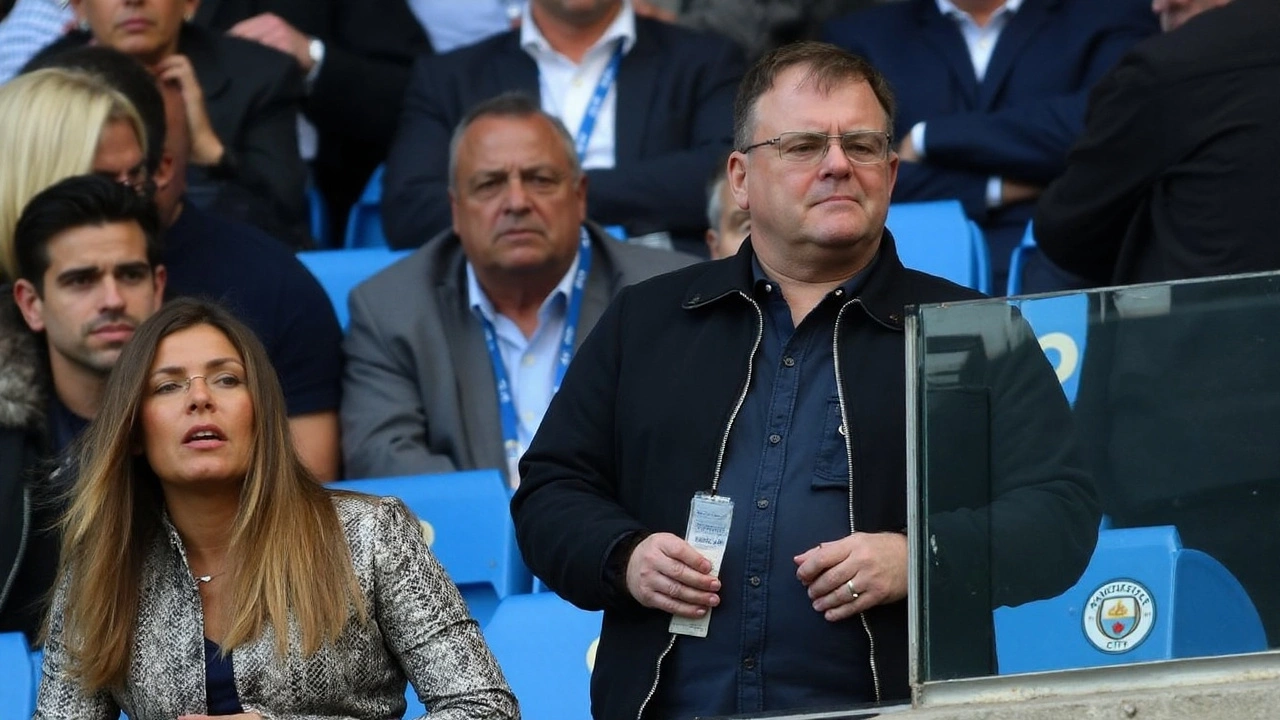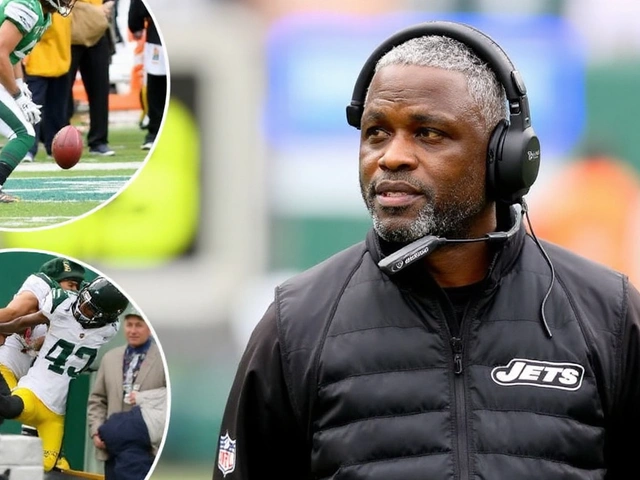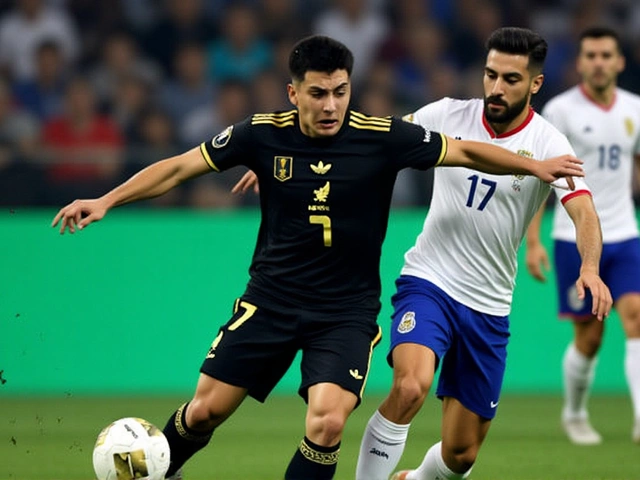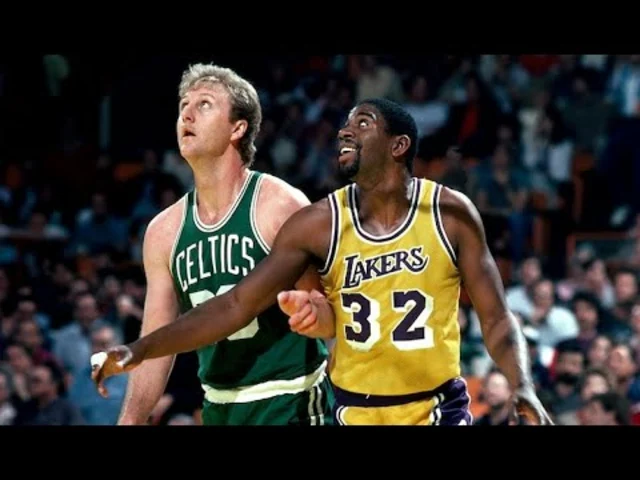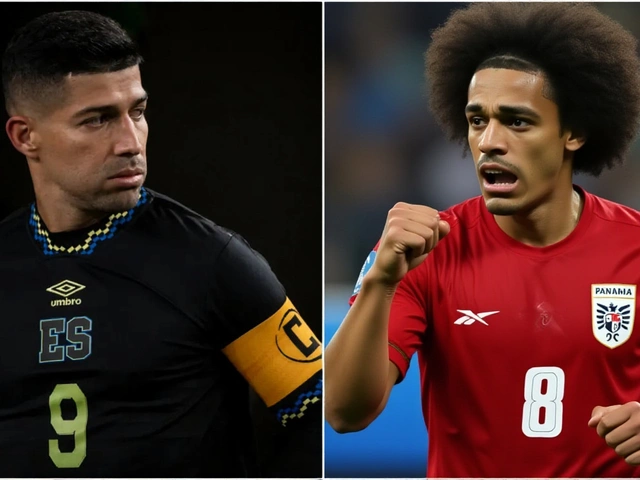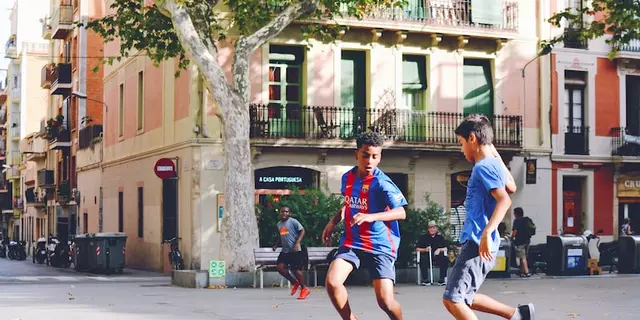Manchester falls silent for a champion who never stopped cheering
The Manchester derby opened with a lump in the throat. News had broken that Ricky Hatton, the city’s boxing hero and one of Manchester City’s most passionate supporters, had died at 46. He had been due at the game. Instead, both teams and a packed stadium paused for a minute’s appreciation before kick-off — a rare, shared stillness for a man who lived at full volume.
Hatton was found at his home in Greater Manchester on Sunday, September 14, 2025. Authorities had not released a cause of death at the time of publication. The derby went ahead with emotion running through it, the crowd acknowledging a fighter who bled Manchester blue in and out of the ring.
City called him “one of [their] most loved and revered supporters,” and that wasn’t PR speak. Hatton’s connection with the club ran deep. He wore sky blue shorts and the club crest into title fights. He walked out to the club anthem “Blue Moon.” And in 2008, he turned a dream into reality by fighting Juan Lazcano at Manchester City’s home ground, the Etihad Stadium — a night that felt part boxing show, part homecoming gig.
Tributes poured in from across the city’s sporting divide. Vincent Kompany, a Manchester City great now managing in Germany, posted a photo with Hatton and Oasis frontman Liam Gallagher, saying he would be missed and sending love to the family. Wayne Rooney, Manchester United’s record scorer, shared an image from Hatton’s prime and called him a legend, a warrior, and a good man. Rival colors didn’t matter; everyone knew what Hatton meant to Manchester.
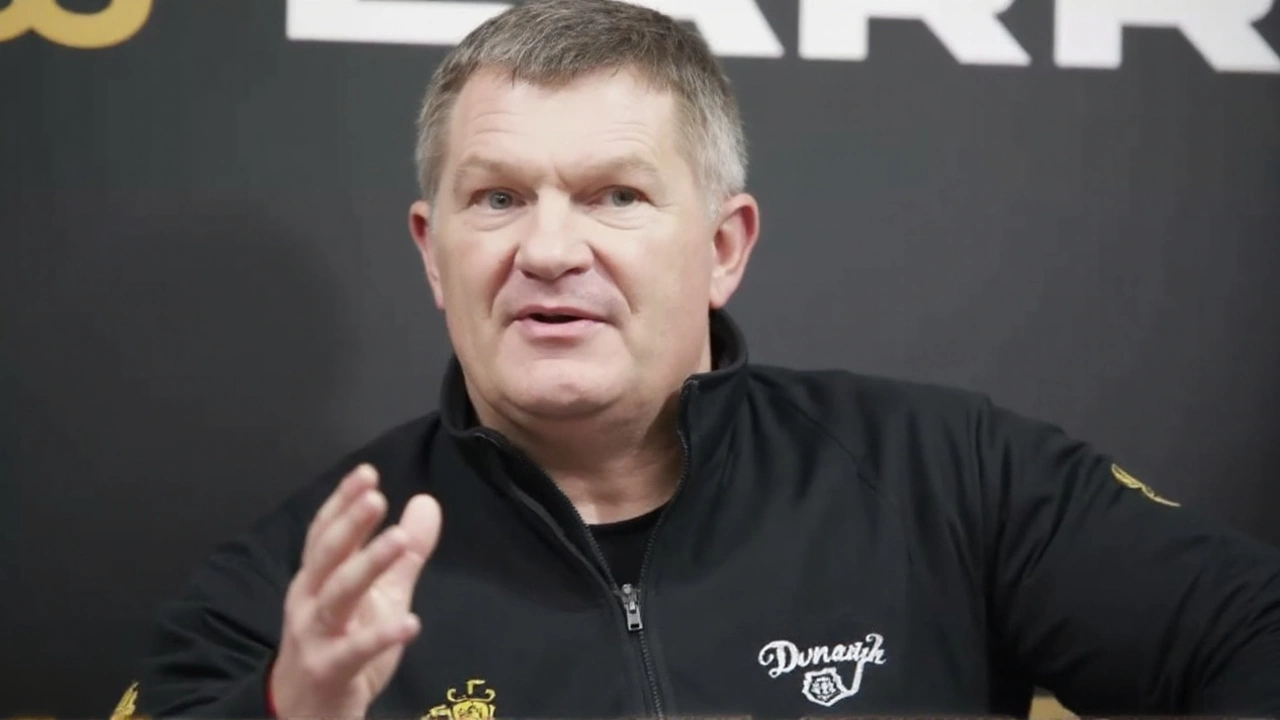
A career that filled arenas, a voice that carried beyond boxing
To a generation of British fans, Hatton wasn’t just a boxer; he was an event. The Hyde-born fighter — “The Hitman” — brought a loyal army everywhere he went. They packed arenas in Manchester and crossed the Atlantic in their tens of thousands, turning Las Vegas fight nights into makeshift away days, singing from the strip to the upper deck. It wasn’t an act. Hatton fought the way he lived: relentless pressure, body attacks, heart on sleeve.
His record backed it up. Hatton retired at 45 wins and 3 defeats, with 32 knockouts. The defining win came in 2005, when he broke down the great Kostya Tszyu at the MEN Arena (now AO Arena) to claim the IBF light-welterweight title. Tszyu didn’t come out for the final round. British boxing doesn’t forget nights like that. Hatton unified belts later that year, then jumped to welterweight in 2006 and beat Luis Collazo for a version of the WBA world title. Back at light-welter, he defeated Juan Urango to reclaim the IBF belt and crushed Jose Luis Castillo with a single left hook to the body in 2007 — a highlight-reel finish that still makes veteran pros wince.
He took on the biggest names, too. In 2007 he met Floyd Mayweather in Las Vegas, an unbeaten champion against an unbeaten challenger, with the British traveling support transforming the MGM Grand into a loud corner of Manchester. Mayweather won late via stoppage. Two years later came Manny Pacquiao and a brutal second-round knockout. Hatton didn’t hide from either challenge. That willingness — to go after the very best — cemented his place in the sport’s memory.
Retirement wasn’t straightforward. He returned for a one-off comeback in 2012 and led on the cards before a body shot from Vyacheslav Senchenko ended the night and, finally, the career. What followed showed a different kind of courage. Hatton spoke openly about depression, about getting lost after the lights go out, and about rebuilding. He opened his gym in the Manchester area, trained fighters, promoted shows, and talked candidly about mental health in dressing rooms and on TV. His openness made him more than a former champion; it made him a reference point for other athletes trying to find their footing.
Recognition followed. He was inducted into the International Boxing Hall of Fame in 2024, a nod not just to belts and big nights but to the scale of his impact. Ask anyone who was at his fights: the soundtrack, the color, the sense of belonging — few British boxers ever created that kind of traveling culture. It felt like a club identity, which is probably why City supporters claimed him as one of their own and why he paid that feeling back tenfold.
His Manchester roots ran through everything. He remained a fixture at City matches. He’d stop for photos outside grounds and tell the same well-practiced stories with the same grin. He fought at the Etihad. He brought the club’s colors into prizefights in Vegas. The connection wasn’t a branding exercise; it was a kid from Hyde staying loyal to the badge he grew up with.
Even late in life he found ways to scratch the competitive itch without the grind of a full comeback. In 2022 he shared a fun exhibition with Marco Antonio Barrera in Manchester, all craft and smiles, a reminder of the skills that once carried him to world titles. Around the gym, young fighters got the benefit of those lessons: tighten the guard inside, invest in the body, and don’t waste steps. It was old-school education from a man who learned the hard way against the very best.
Back at the derby, the pre-match moment for Hatton cut across allegiances. City and United are rarely on the same page; Hatton put them there for sixty seconds. Club officials offered condolences to his family and friends. Former teammates, rivals, and promoters added their messages throughout the day. It’s the sort of collective reaction you only see when a figure belongs not just to a sport but to a place.
As the city processes the loss, the details will fill in — funeral plans, further tributes, how the club might honor him in a more permanent way. For now, there’s the shock of an empty seat at a game he wouldn’t have missed, and the memory of a fighter who made Manchester feel bigger whenever he laced up gloves or pulled on a scarf.
He won world titles at light-welterweight and welterweight. He sold out arenas. He brought a community with him to the top of the sport and never stopped acting like a fan who got lucky. That’s why the derby stopped. That’s why the tributes won’t fade quickly. Manchester lost a champion. The city will make sure he’s never far from the noise.
- Poplular Tags
- Ricky Hatton
- Manchester derby
- Manchester City
- boxing





